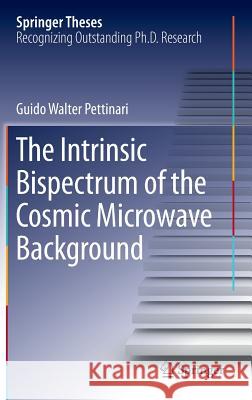The Intrinsic Bispectrum of the Cosmic Microwave Background » książka
topmenu
The Intrinsic Bispectrum of the Cosmic Microwave Background
ISBN-13: 9783319218816 / Angielski / Twarda / 2015 / 263 str.
Kategorie BISAC:
Wydawca:
Springer
Seria wydawnicza:
Język:
Angielski
ISBN-13:
9783319218816
Rok wydania:
2015
Wydanie:
2016
Numer serii:
000416125
Ilość stron:
263
Waga:
0.58 kg
Wymiary:
23.39 x 15.6 x 1.75
Oprawa:
Twarda
Wolumenów:
01
Dodatkowe informacje:
Wydanie ilustrowane











